baby has wet diapers but no poop
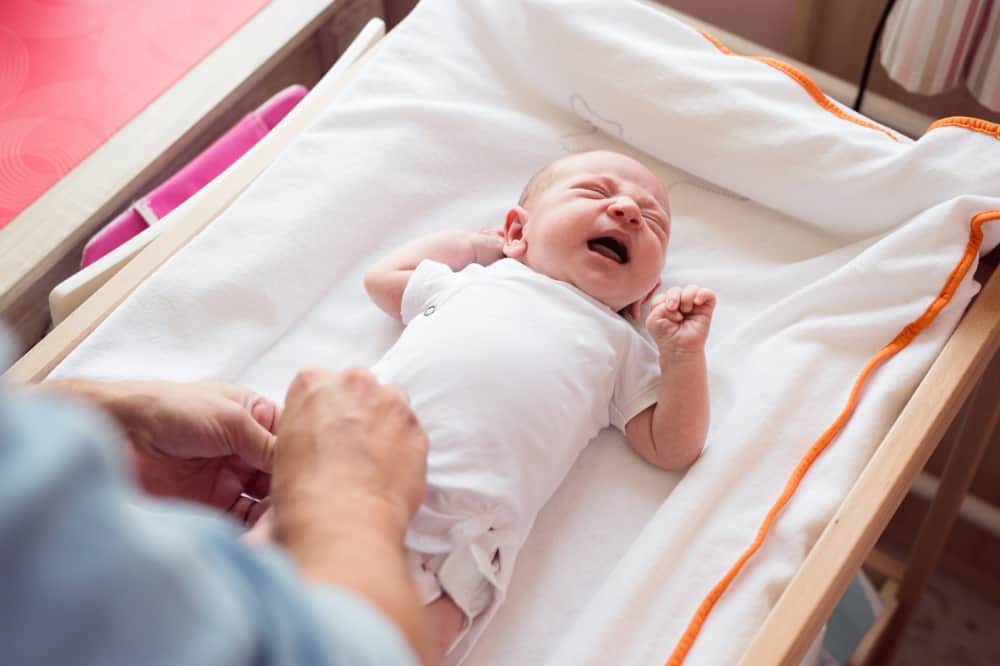 Newborn Has Wet Diapers But No Poop - newborn kittens
Newborn Has Wet Diapers But No Poop - newborn kittensPoopBaby's PoopOriginally published in August 2016, reissued here with the author's express permission. What to expect—and learn—from the baby's diaper for the first six weeks. Five days in my second son's newborn life, I opened his diaper and found what he had been waiting for—no, waiting—to see: a mustard-yellow poop inside his diaper. I was delighted and relieved. During the first ten days, I continued to see my son's diaper for signs that he was getting enough to eat. I wasn't the first mother to collect important information from her baby's diaper. Knowledge is power in the department of baby poop. A diaper mother can look for important signs of her own milk supply, baby nutrition, and even potential problems such as allergies. During the first day of life, your little newborn is going to make a dismayed disaster, similar to the tar called meconium. Meconium is the first stool of the baby, which made when swallowing mucus, amniotic fluid and other materials in the uterus. The good news is that your breast-feeding baby isn't going to shit a lot at first. In the first days postpartum, a baby is pulling colostrum out of the breasts of the mother. That early-packed milk comes in miniature portions that are fair to the baby's miniature stomach, and something laxative to help get rid of the meconium. Those little portions of Mom's colostrum will not take a lot of dirty diapers, but mothers can look for specific signs that mean the baby is getting enough to eat. During the first 24 hours, your baby must produce at least one feces of meconium. During the second 24 hours, the baby must have at least two cocoa diapers. When the baby is three or five days old, he must make at least three cocoa diapers every day. he says, "The number of wet diapers and poopy should increase day by day through the first week to ten days. "The size also matters when it comes to baby poop. During the first few days, Mom can monitor the size of the baby's poop to make sure that breastfeeding is going well. According to the authors of , the baby's caca must be "at least as large as the circle of 'good' that you do with the thumb and forefinger." Meconium can be hard to clean from a baby's skin. Fortunately, midwives, doulas and mothers of natural mind have found that olive oil is an easy and effective way to clean the meconium of your baby's tender skin. As a bonus added, olive oil also acts as a barrier to protecting the skin and facilitating cleaning after the next poop. Some mothers even apply olive oil before their baby's first poop. Mothers in knowledge also seek gradual changes in color. Poop should change color every day, and there are many versions of *normal*. This has clear images of the changes you can see. Once the baby's poop becomes yellow, it is often described as caramel, or, as the authors put it, "small curd house cheese." It will also be mild and quite fluid, almost like pancake shaker or even more scurry. Small quantities of mucus are also normal. When changes are occurring in the baby's diaper, they are also happening in the mother's breasts. Mom's colostrum gradually becomes transitional milk, and then matures milk. Nancy Mohrbacher, IBCLC, writes in breastfeeding Simple Responses, these types of milk "reflect a continuum of changes that occur after birth as the mother's hormones change and her breasts start to make more milk." During the first seven to ten days, the changes in the diaper tell the moms that everything goes according to the plan. If your baby's poop doesn't move through a color change during the first five days, or if your baby is not enough, you may not be getting enough to eat. The bottom line is that you should be doing at least three sized "good" diapers, cocoa yellow every day five. The baby should continue to shit more and more through the first week or so, and continue with frequent and daily poops for the first six weeks. The most likely cause of scandalous or infrequent caca (or caca that does not move towards yellow per day five) is that the baby is not getting enough milk. If you notice that everything is not right within your baby's diaper, look for help breastfeeding as soon as possible. Problems that lead to low intake of a baby's milk may vary from a baby's mouth structure to breast milk. Breastfeeding solutions are almost always available for breastfeeding problems. A nursing consultant, healthcare provider or LLL Leader can help you solve the problem. What if your baby's poop is green after the first three or four days of life? If you're gaining weight and usually seems content, most experts say you don't worry. Green cocoa may have several causes: natural foods green or artificial in the mother's diet; baby or mother taking antibiotics; or baby feels sick with a cold or stomach virus. The feminine art of breastfeeding explains that the phototherapy used to treat jaundice can give the baby a caca of a clear "growning spinach". It is also possible that the green caca may be normal for some babies. If a baby is not gaining weight or seems unhappy much of the time, Mom can take a closer look at the green diapers. Rare and abundant green pots can be caused by an overabundance of breast milk. If the overabundant milk is the problem, the baby will probably be fusible and will not be able to earn as much weight as expected. If the frequent green caca comes from a baby that is also fusible or develops other allergy symptoms, such as a rash or a spongy nose, the cause may be an allergy or sensitivity to a food in the mother's diet. Talk to a Milk League Leader or lactation consultant for ideas that help with milk allergies or overabundant food. Uncommon green Poop in small amounts (less the circle agrees) can be a sign that your baby is not getting eaten. Especially if you're not gaining weight, look for help breastfeeding as soon as possible. A breastfeeding consultant can help find ways to increase milk supply. Mothers with low milk supply benefit from knowing that they are not alone, and La Liga Leche can provide community and support: finding their local group. Once a baby's diaper shows "a solid record," as it puts it, you can stop seeing the cocoa content so close. More changes will come as your baby continues to grow and gain weight. After the first six weeks or so, many breast-feeding babies will slow down in the cocoa department, and you will be cleaning that little messed up much less frequently. Until then, happy diaper. Mohrbacher, N. Breastfeeding Answers made Simple. Yellow, TX: Hale Publishing, 2010; 403. The female art of breastfeeding, eighth edition. LLLI. New York: Ballantine Books, 2010; 94, 108-109, 396, 451. Follow us on TwitterSign up for our Newsletter La leche League International110 Horizon Drive, Suite 210 Raleigh, NC 27615, USA Administrative Office: +1-919-459-2167 Silence +1-800-LALECHE (525-3243) Fax: +1-919-459-2075 Silence Email: You can print on paper or in a PDF file. To get better print results, open the llli.org site on Google Chrome or Microsoft Edge. Although you can see the site well in any browser, printing from other browsers may not work properly.1. See the web document you wish to print.2. Click the Print button shown on the web page (not the Print command in the browser menu or toolbar). This opens the browser's print window. The window shows a preview of the document that will be printed. Preview may take a minute to show, depending on the size of the document.3. In the printer box, select the desired printer. For example, if you are working on a Windows computer, and you want to print out a PDF file, select Save as PDF.4. As necessary, set the other options as the pages for printing.5. Click the Print button. If you are generating a PDF, click Save. The name and location of the folder is requested to save the file.
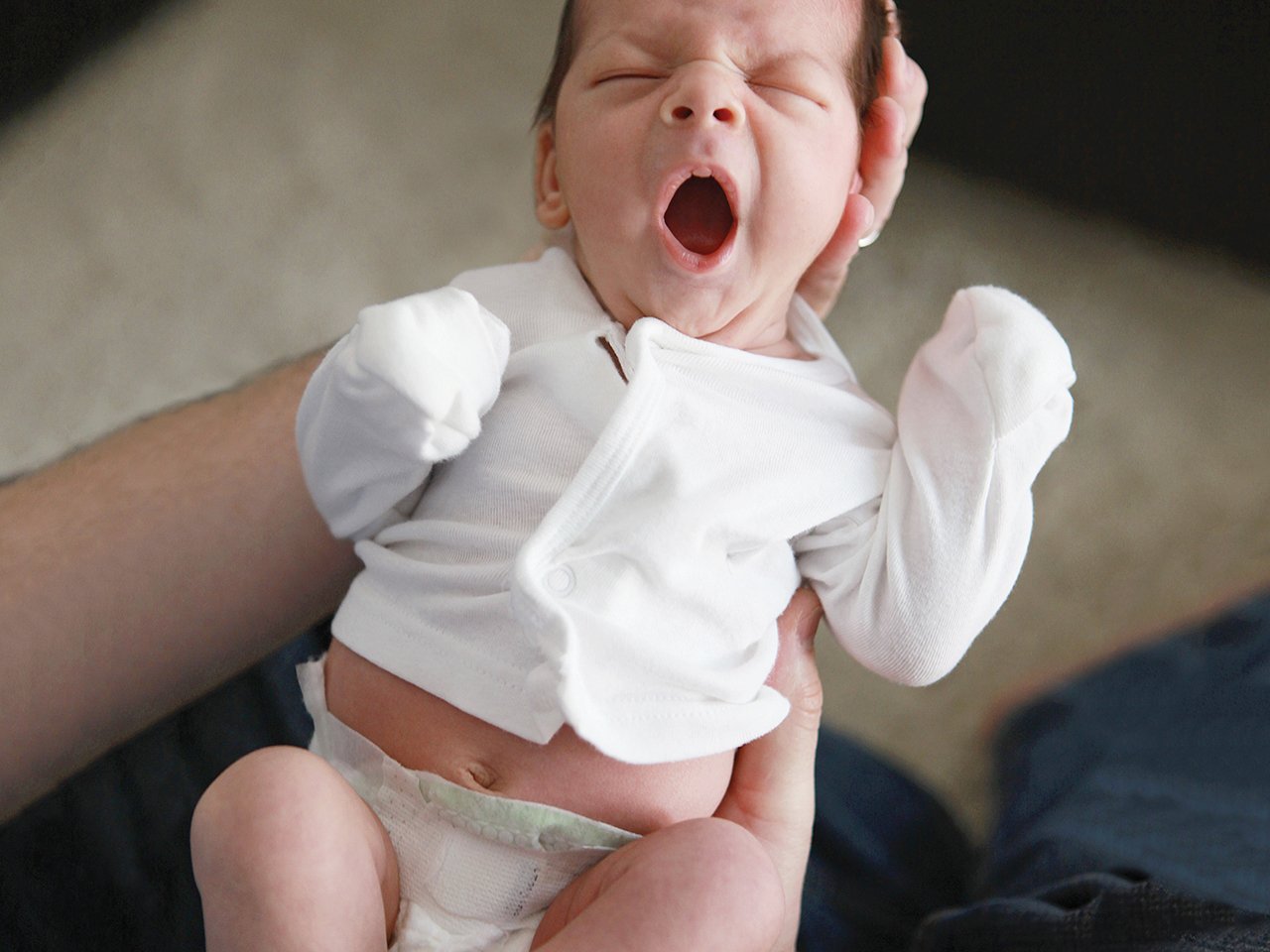
Should you wake your sleeping baby for a nighttime diaper change?
Poos and wees | Pregnancy Birth and Baby
How Long Can A Baby Go Without Pooping? - ChildrensMD
How Long Can A Baby Go Without Pooping? - ChildrensMD

Diaper-Duty Essentials: What's Normal? | Parents
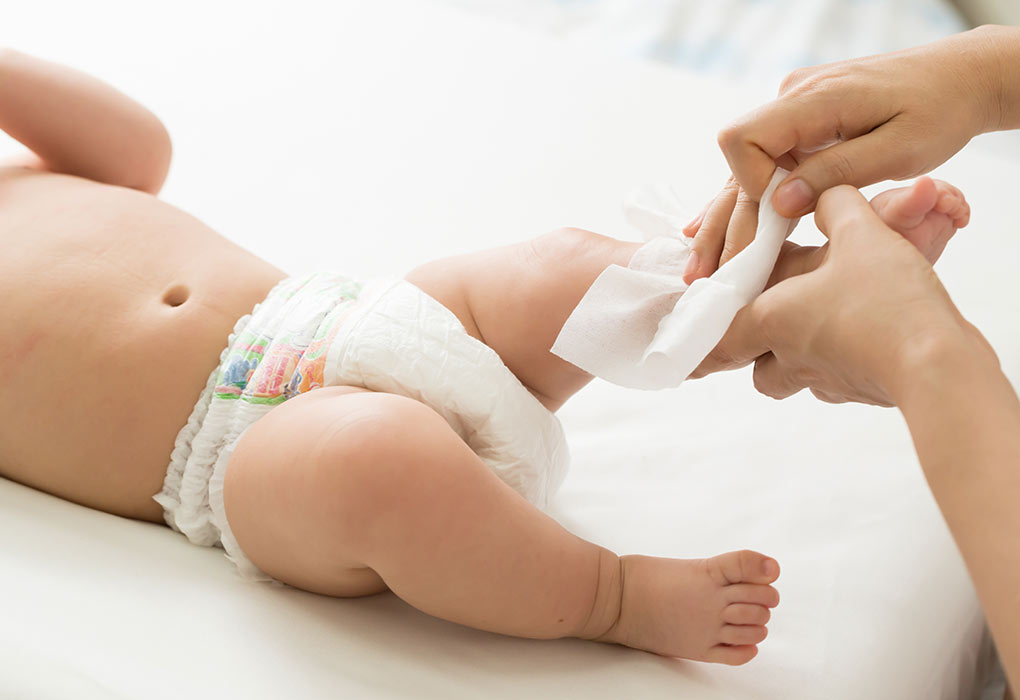
Newborn Has Wet Diapers But No Poop - newborn kittens
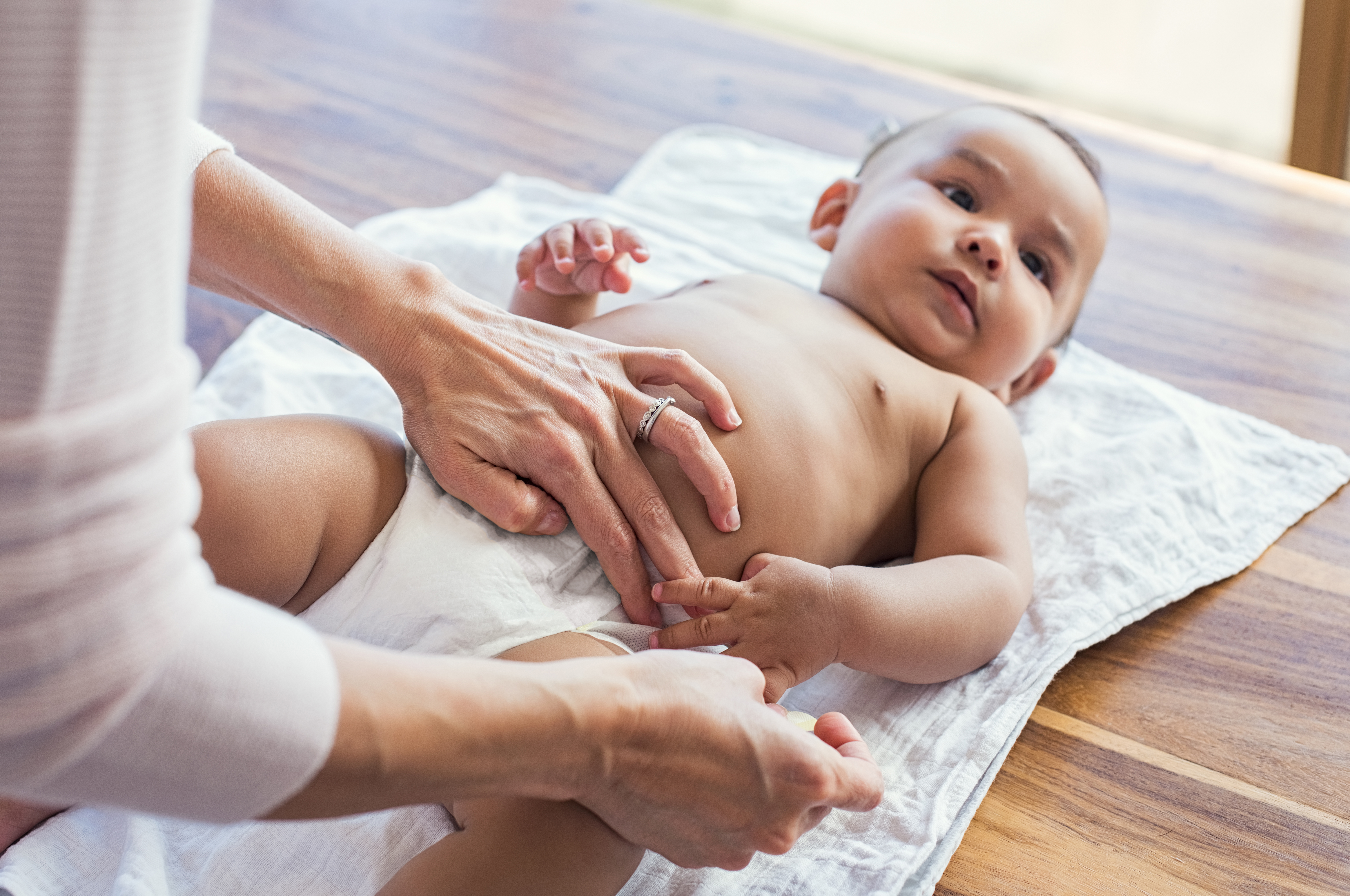
Newborn Has Wet Diapers But No Poop - newborn kittens
:max_bytes(150000):strip_icc()/138307704-56a0b8415f9b58eba4b3259f.jpg)
Wet Diapers and Newborn Urine Output

Baby Diarrhea: Causes, Treatments, and What It Looks Like | Parents

How Long Can A Baby Go Without Pooping? - ChildrensMD

Newborn Has Wet Diapers But No Poop - newborn kittens
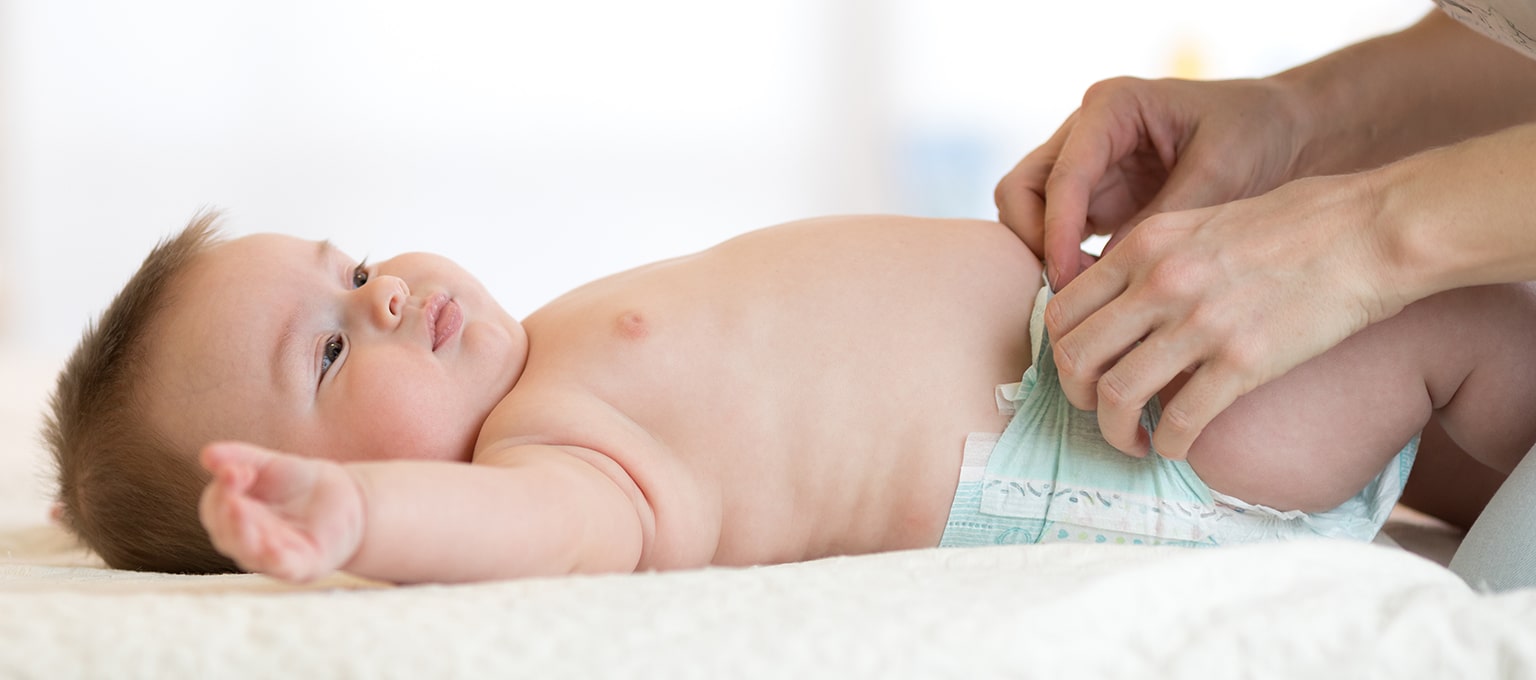
How Often Should You Change Your Baby's Diaper? | Pampers

What's Really Causing Your Baby's Diaper Rash? – Health Essentials from Cleveland Clinic

Newborn Has Wet Diapers But No Poop - newborn kittens

Is Your Baby Getting Enough Milk? Check Their Wet Diapers
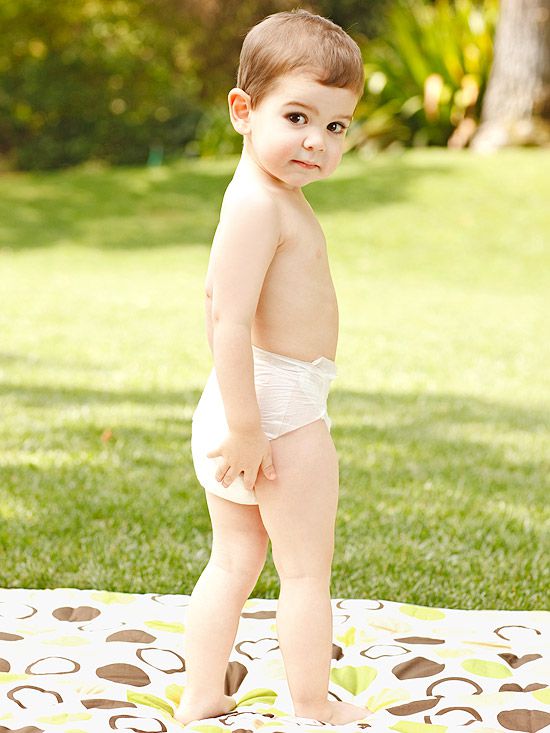
Newborn Has Wet Diapers But No Poop - newborn kittens
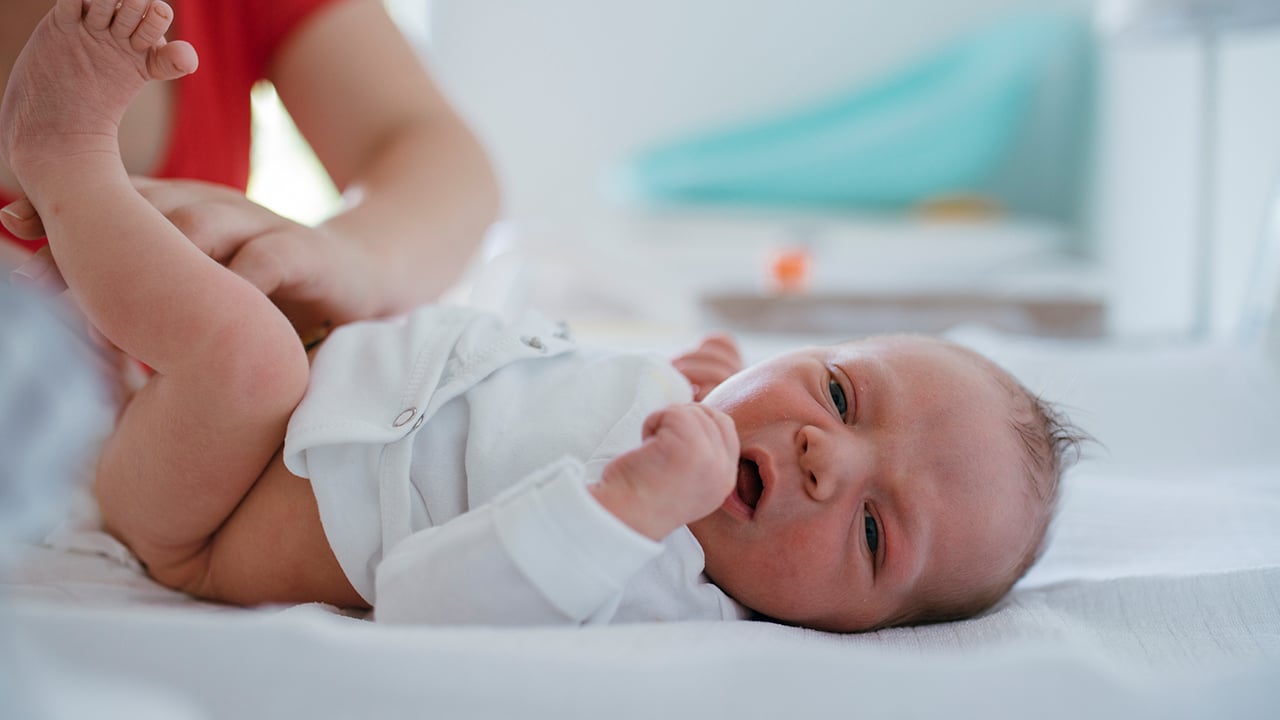
Newborn poop: What the colour, consistency and frequency means

Newborn Has Wet Diapers But No Poop - newborn kittens

Newborn Has Wet Diapers But No Poop - newborn kittens

Diaper Output and Milk Intake in the Early Weeks | Breastfeeding USA

Newborn Has Wet Diapers But No Poop - newborn kittens
How to Change a Baby's Diaper

How to Wash Cloth Diapers: A Simple Step-by-step Guide
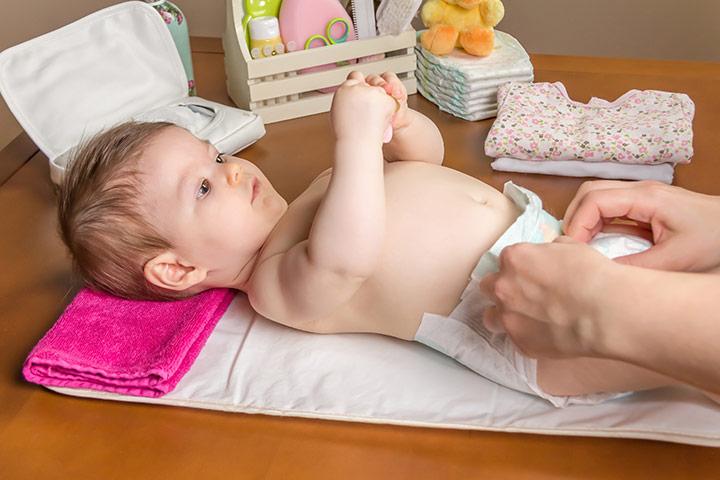
Newborn Has Wet Diapers But No Poop - newborn kittens
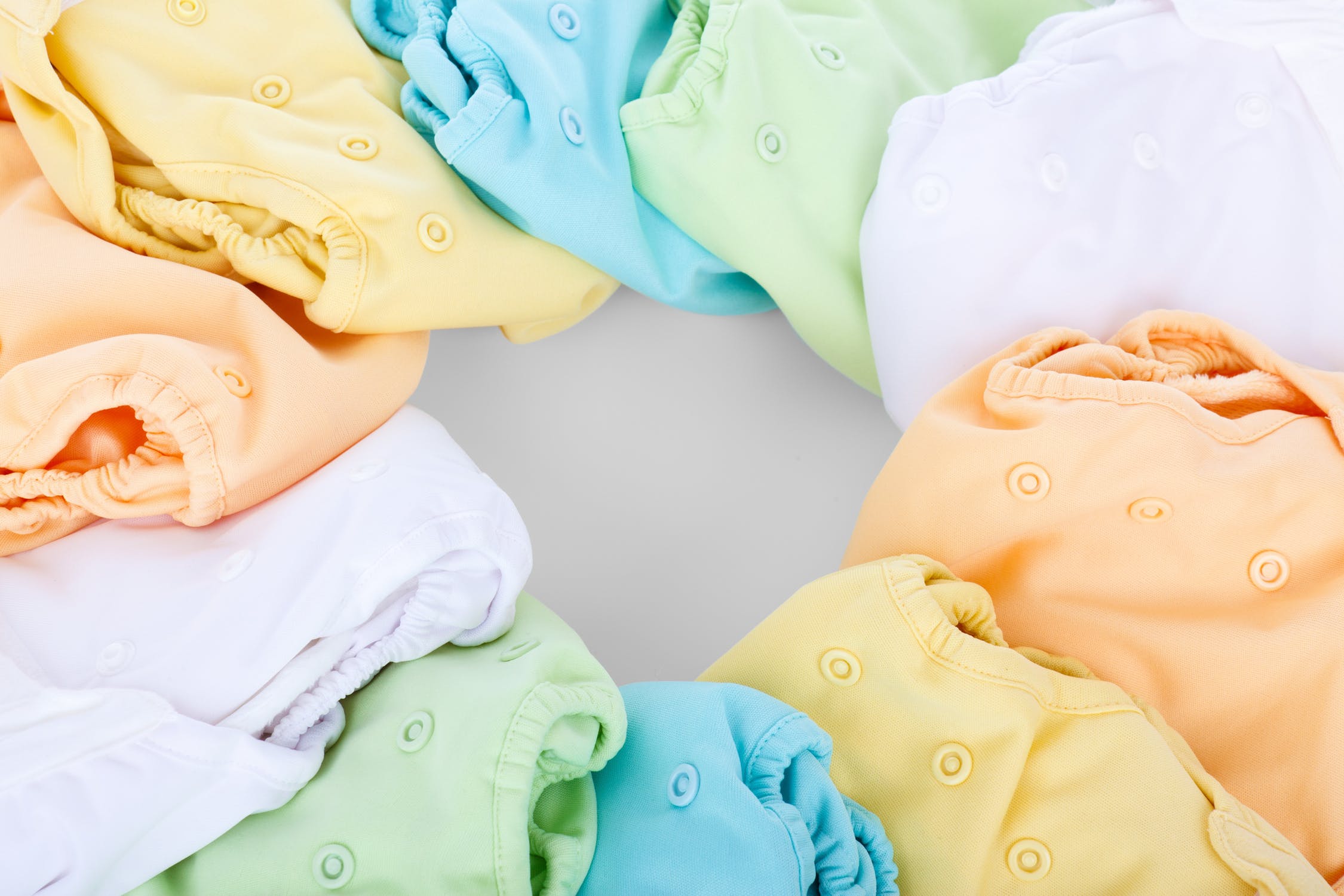
Getting Enough Milk? How to Tell | Ask Dr Sears
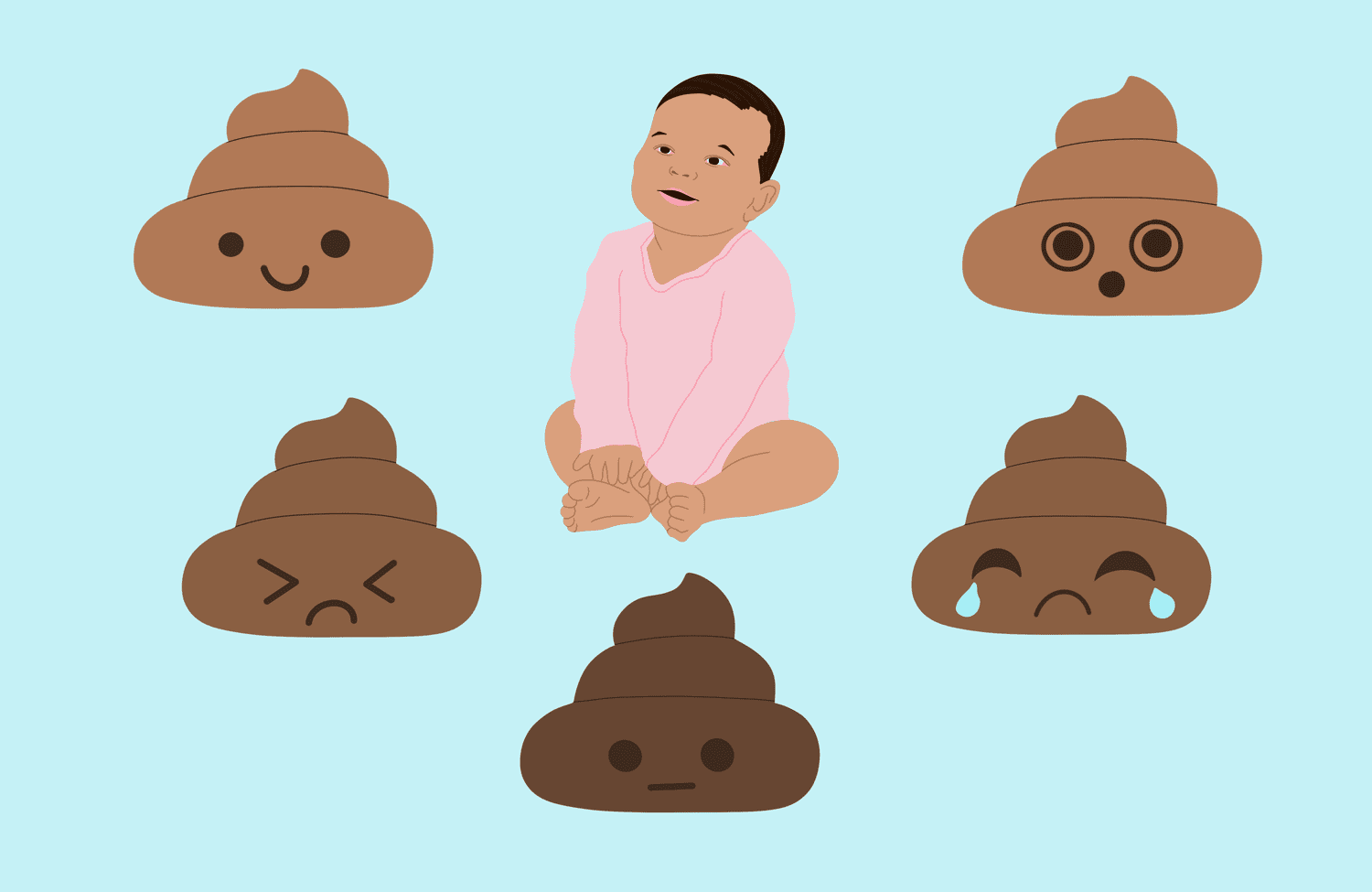
The Baby Poop Guide: What's Normal, What's Not | Parents
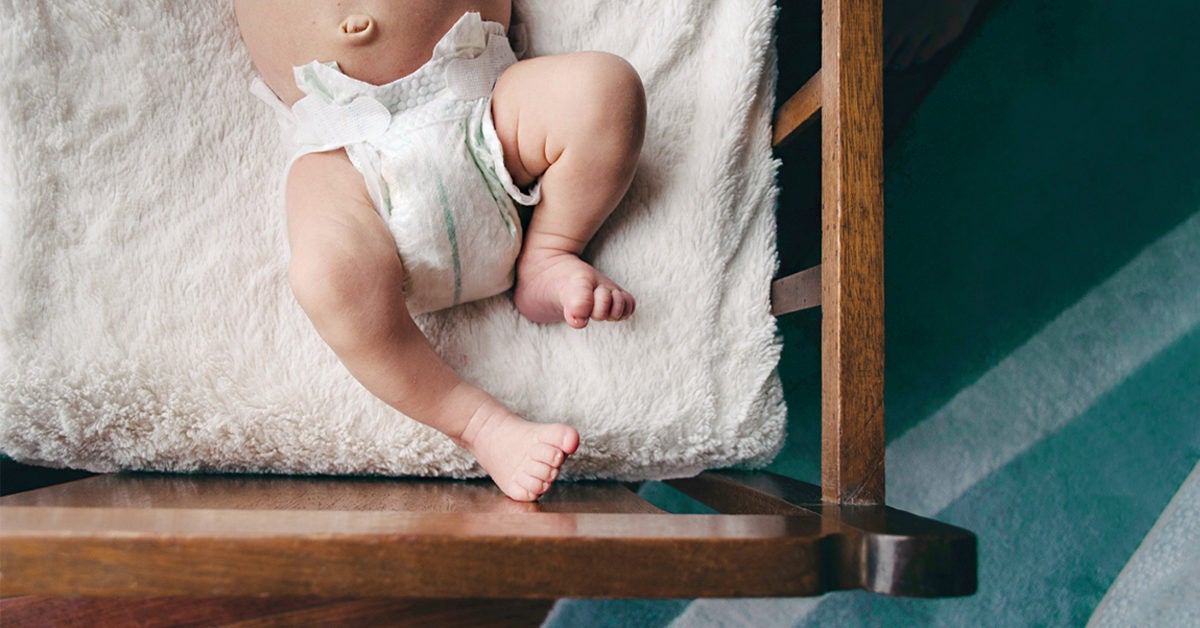
How Many Diapers Do I Need? A Guide to Stocking Up
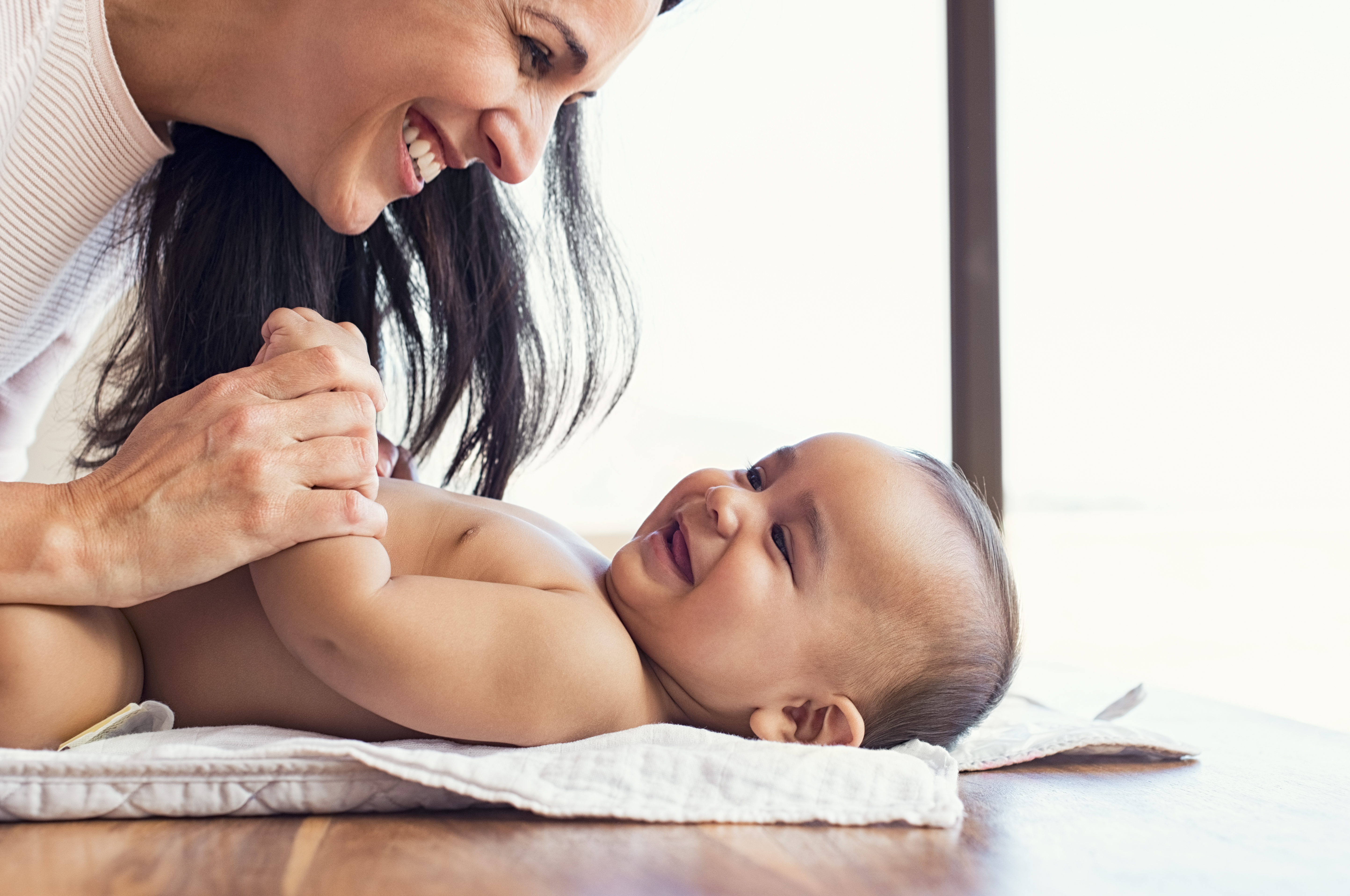
Newborn Has Wet Diapers But No Poop - newborn kittens

A Guide to Baby Poop, Pee and Spit Up - Parenting

Merries | Toilet Training - The Basics

Diaper Sizes | Find the Size for Baby | Seventh Generation

Why Do Babies Cry? – Happiest Baby

Newborn Has Wet Diapers But No Poop - newborn kittens
/diarrhea-in-the-breastfed-baby-431632-v1-5c01932a46e0fb0001cbf7ac.png)
Appearance, Causes, and Treatment of Baby Diarrhea
Best Diapers 2021 – Best Baby Diaper Brands
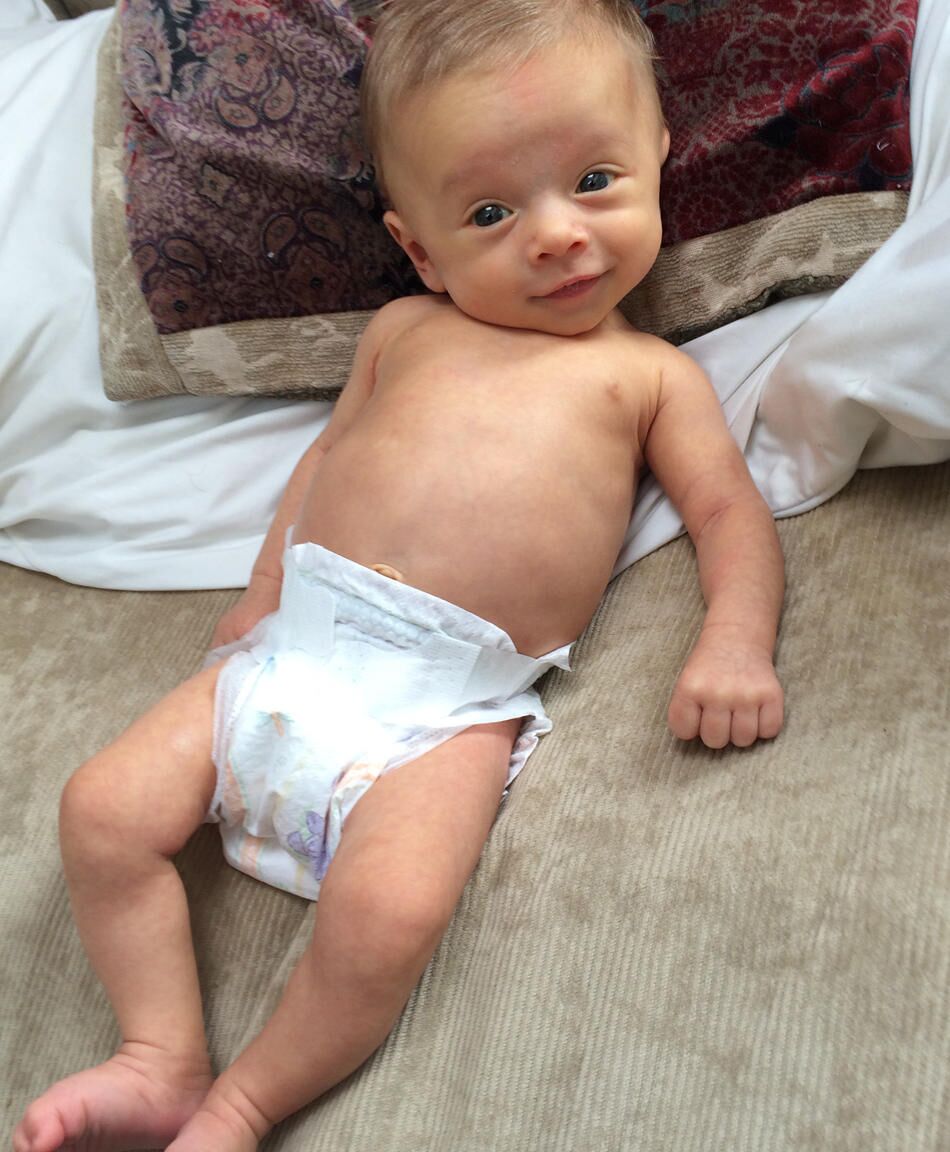
Baby Poop Guide

Newborn Has Wet Diapers But No Poop - newborn kittens
Abnormal Poos and Wees In Babies

Baby Reflux and Baby Poop: What's Normal, What Isn't, and What To Do - Nutrition Care For Children
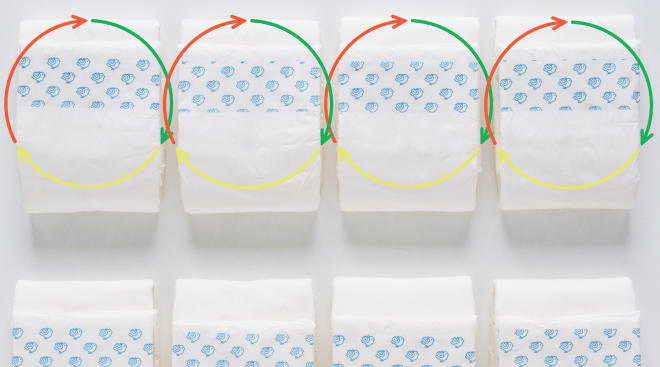
Baby Poop Guide
Posting Komentar untuk "baby has wet diapers but no poop"